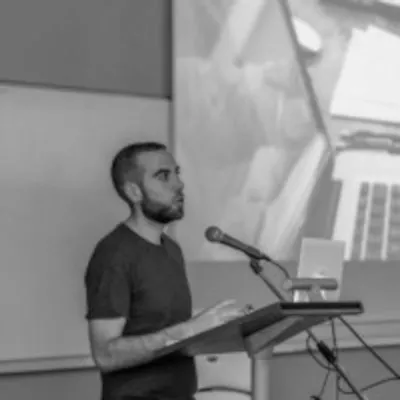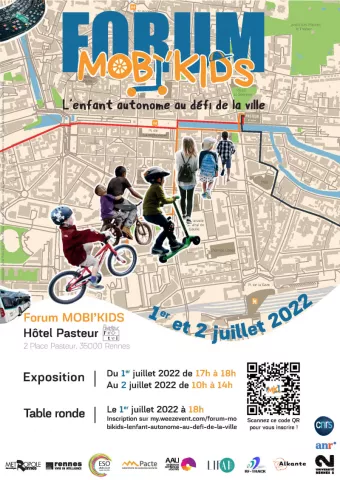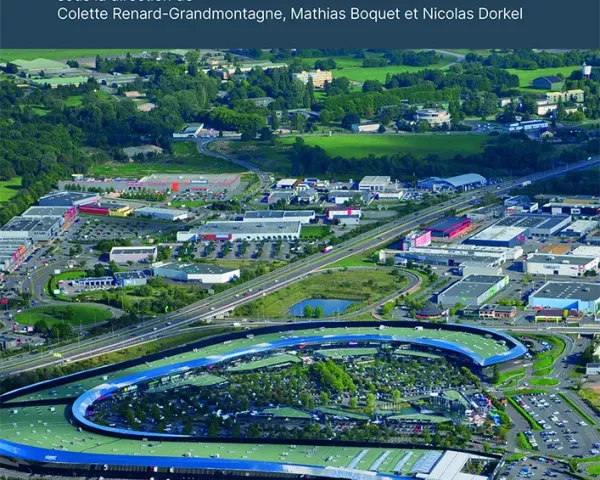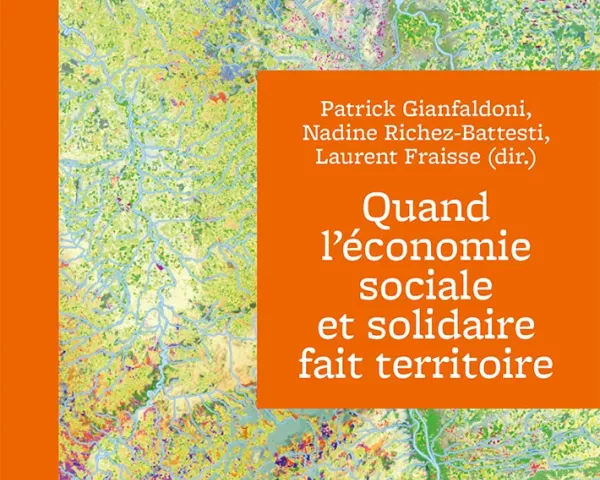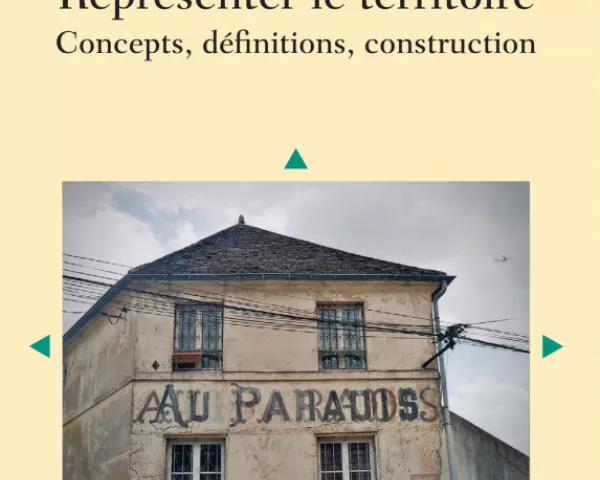Thinking about the Relationship between Distance Learning and Territories through the Study of Three Breton “Prépa Numérique” Training Systems
The starting point for this research is the "Grande École du Numérique", a public interest grouping resulting from a government initiative in 2015, which aims to create a network of training courses in digital professions for people who are far from employment. We will focus on three vocational training schemes resulting from this initiative: the "Prépa numérique" scheme in Rennes (222,060 inhabitants), Brest (139,225 inhabitants) and Rostrenen (2,942 inhabitants), a small rural town in central Brittany. The three schemes were set up by a scientific organisation in partnership with an engineering school. Launched on 20 January 2020, the three "Prépa Numérique" schemes had to switch all their training to distance learning from 17 March 2020, following the introduction of strict confinement, which greatly disrupted the training engineering. The originality of our research is that we will reflect on the way in which the relationships forged during this period between distance learning systems on the one hand and the local ecosystems of actors on the other, have helped to produce more or less enabling configurations. In short, the aim is to examine the way in which the three "Prépa Numérique" systems have mobilised territorial resources in order to promote the deployment of learners' capacities. In short, our ambition in this paper is to use this health crisis as an opportunity to question the pedagogical practices and organisational modalities of a distance vocational training system; in addition, it is to make a contribution to the work on enabling learning environments.
The starting point for this research is the "Grande École du Numérique", a public interest grouping resulting from a government initiative in 2015, which aims to create a network of training courses in digital professions for people who are far from employment. We will focus on three vocational training schemes resulting from this initiative: the "Prépa numérique" scheme in Rennes (222,060 inhabitants), Brest (139,225 inhabitants) and Rostrenen (2,942 inhabitants), a small rural town in central Brittany. The three schemes were set up by a scientific organisation in partnership with an engineering school. Launched on 20 January 2020, the three "Prépa Numérique" schemes had to switch all their training to distance learning from 17 March 2020, following the introduction of strict confinement, which greatly disrupted the training engineering. The originality of our research is that we will reflect on the way in which the relationships forged during this period between distance learning systems on the one hand and the local ecosystems of actors on the other, have helped to produce more or less enabling configurations. In short, the aim is to examine the way in which the three "Prépa Numérique" systems have mobilised territorial resources in order to promote the deployment of learners' capacities. In short, our ambition in this paper is to use this health crisis as an opportunity to question the pedagogical practices and organisational modalities of a distance vocational training system; in addition, it is to make a contribution to the work on enabling learning environments.
